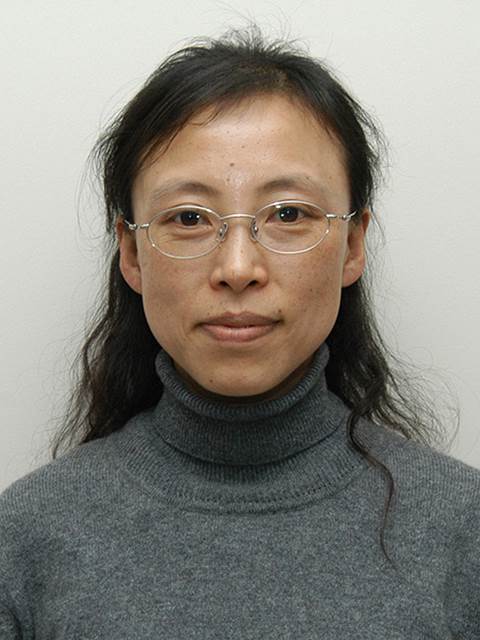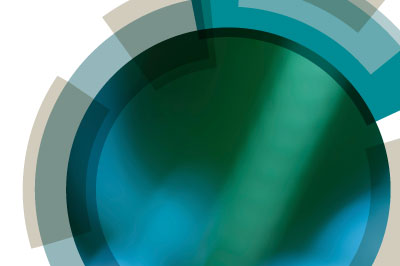 Professor Dirk Guldi, Friedrich-Alexander University Erlangen-Nurnberg, Germany
Professor Dirk Guldi, Friedrich-Alexander University Erlangen-Nurnberg, Germany
Dirk M. Guldi completed both his undergraduate studies (1988) and PhD (1990) at the University of Cologne (Germany). Following postdoctoral appointments at the National Institute of Standards and Technology (USA), the Hahn-Meitner Institute Berlin (1992), and Syracuse University, he joined the faculty of the Notre Dame Radiation Laboratory in 1995. He was promoted a year later from assistant to associate professional specialist, and remained affiliated to Notre Dame until 2004. Since 2004, he is Full Professor in the Department of Chemistry and Pharmacy at the Friedrich-Alexander University in Erlangen. Since 2018, Dirk M. Guldi is Co-Editor in Chief of Nanoscale and Nanoscale Horizons and he has been named among the world’s Highly Cited Researchers by Thomson Reuters.
The Guldi group and its network belong to the cutting edge of worldwide research in solar-energy conversion with expertise not only in advanced photon- and charge-management, but also in the synthesis of tailored materials and molecular modeling. Impressive documentations of their accomplishments are more than 700 peer-reviewed publications, nearly 40,000 citations, and an h-index of 100. At the heart is always a multifaceted and interdisciplinary research program, where his group designs, conceptually devises, synthesizes, tests, and characterizes novel nanometer scale materials with the objective of using them in solar energy conversion schemes. A broad range of spectroscopic (i.e. time-resolved and steady-state measurements with spectrophotometric detection covering a time range from femtoseconds to minutes) and microscopic techniques (i.e. scanning probe microscopy, electron microscopy) are routinely employed to address aspects that correspond to the optimization and fine-tuning of dynamics and/or efficiencies of charge separation, charge transport, charge shift, and charge recombination processes.
 Professor Natalie Stingelin, Georgia Institute of Technology, United States
Professor Natalie Stingelin, Georgia Institute of Technology, United States
Natalie Stingelin (Stutzmann) is a Full Professor of Materials Science at the Georgia Institute of Technology, with prior positions at Imperial College London; the Cavendish Laboratory, University of Cambridge; Queen Mary University of London, the Philips Research Laboratories, Eindhoven; and ETH Zürich. She is the Director of the Center for Organic Photonics and Electronics (COPE) at Georgia Tech and Editor-in-Chief of the Royal Society of Chemistry Journal, the ‘Journal of Materials Chemistry C’. She has been elected to the class of 2019 MRS Fellows, and is a Fellow of the Royal Society of Chemistry since 2012. She was awarded, among other things, a Chaire Internationale Associée by the Excellence Initiative of the Université de Bordeaux in 2016, the Institute of Materials, Minerals & Mining's Rosenhain Medal and Prize in 2014, and the Chinese Academy of Sciences (CAS) President's International Fellowship Initiative (PIFI) Award for Visiting Scientists in 2015. While at Imperial College, she was recipient of a European Research Council (ERC) Starting Grant, as well as an ERC Proof of Concept grant. She was, among others, the Chair of the 2016 Gordon Conference on 'Electronic Processes in Organic Materials' and the Zing conference on ‘Organic Semiconductors’. In 2018, she organized the 14th edition of the International Conference of Organic Electronics (ICOE). She has published >180 papers in the area of organic electronics & photonics, bioelectronics, physical chemistry of organic functional materials, and smart inorganic/organic hybrid systems.















